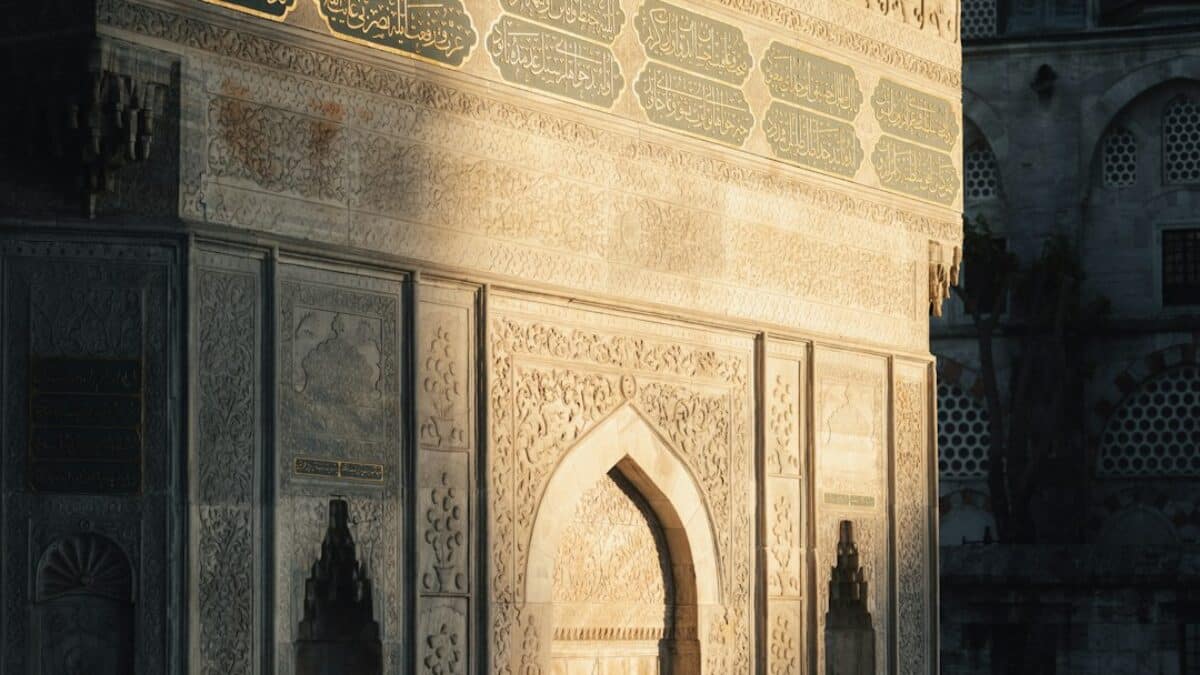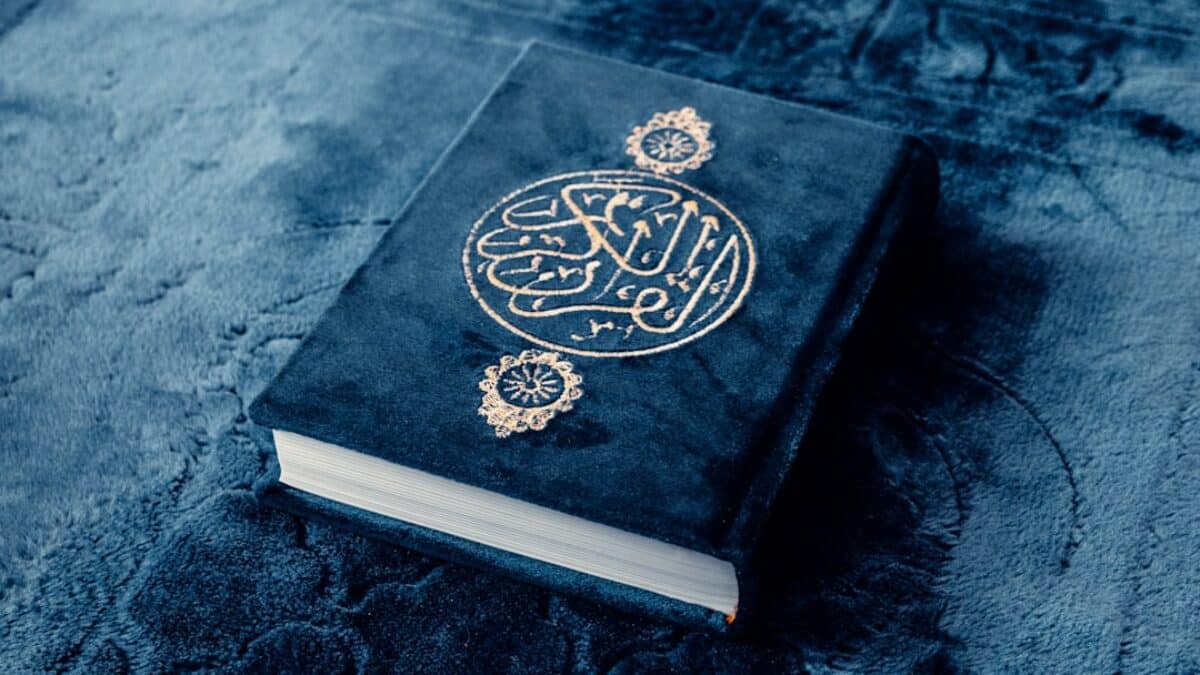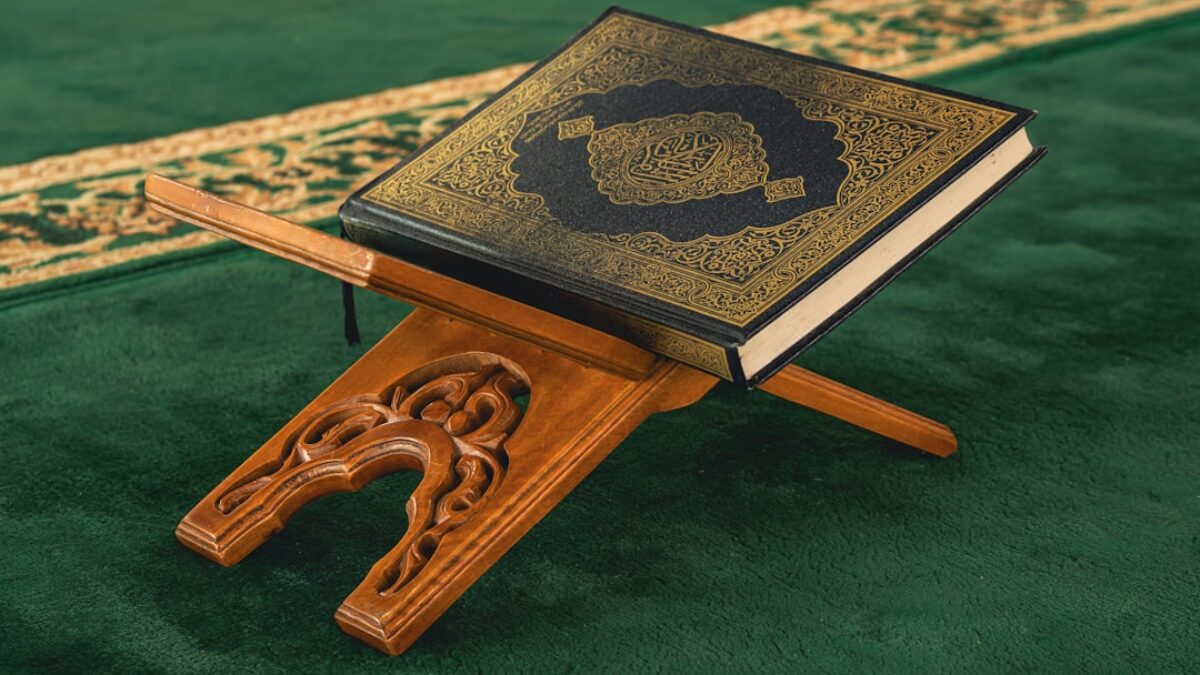Islam is often described as a house built on five sturdy pillars. These pillars are not just ritual obligations; they are the framework that shapes the daily, monthly, and lifelong rhythm of a Muslim’s relationship with God and society. Whether you are new to the faith, exploring it academically, or simply seeking a clearer understanding of what your Muslim neighbors practice, this guide breaks the Five Pillars of Islam—Shahada, Salah, Zakat, Sawm, and Hajj—into practical, digestible insights.
Understanding the Five Pillars
The Five Pillars are more than religious duties; they are spiritual and social anchors. They:
- Establish a direct connection between the believer and Allah (God).
- Reinforce a sense of global Muslim identity (the Ummah).
- Create opportunities for personal growth, self-discipline, and communal welfare.
While Sunni and Shia Muslims agree on the essence of these pillars, slight variations in terminology and practice exist. The core message, however, remains universal.
Key Components of Each Pillar
Shahada – The Declaration of Faith
Meaning: “I bear witness that there is no deity but Allah, and I bear witness that Muhammad is His messenger.”
Practical Application
- Recited aloud when embracing Islam.
- Whispered into the ear of a newborn.
- Repeated in the daily call to prayer (adhan).
Reciting the Shahada with sincere intent is the sine qua non of Islamic identity. For many converts, the moment of declaration is life-changing, marking a clear “before and after” in personal history.
Salah – The Five Daily Prayers
Structure:
- Fajr – dawn (before sunrise).
- Dhuhr – midday.
- Asr – mid-afternoon.
- Maghrib – sunset.
- Isha – night.
Key Components
- Wudu (ritual ablution) – cleansing of hands, mouth, nose, face, arms, head, and feet.
- Qibla – facing the Kaaba in Mecca.
- Rak’ahs – prescribed cycles of standing, bowing, prostrating, and sitting.
Each prayer takes between 5–10 minutes, turning ordinary days into a rhythmic conversation with the Divine. Mobile apps now send automatic reminders, and many workplaces and universities provide quiet rooms to accommodate these spiritual pauses.
Zakat – Obligatory Charity
Threshold: 2.5% of one’s annual savings beyond basic needs.
Who Receives Zakat?
- The poor and destitute.
- Those in debt.
- Wayfarers or stranded travelers.
- New Muslims needing social integration.
- Administrators of zakat funds.
Modern zakat calculators allow donors to include cash, gold, stocks, and even cryptocurrencies. Many Muslim-majority countries automate zakat deductions on salaries, while NGOs crowdsource global campaigns during Ramadan.
Sawm – Fasting in Ramadan
Core Practice: Abstaining from food, drink, intimate relations, and sinful speech from fajr (dawn) to maghrib (sunset) for the entire lunar month of Ramadan.
Exemptions
- Travelers, pregnant or nursing women, the elderly, and the chronically ill may defer or provide fidya (charity meals) instead.
- Menstruating women pause fasting and make up the days later.
The fast ends each evening with iftar, often started with dates and water, followed by communal prayers and festive meals. Suhoor, the pre-dawn meal, fuels the body for a day of spiritual focus and empathy for the hungry.
Hajj – The Pilgrimage
Timing: The 8th–13th days of the Islamic month Dhul-Hijjah.
Key Rituals
- Ihram – donning simple white garments to symbolize equality.
- Tawaf – circling the Kaaba seven times.
- Sa’i – walking seven times between the hills of Safa and Marwah.
- Mount Arafat – standing in prayer, considered the spiritual apex.
- Stoning the Jamarat – symbolic rejection of evil.
- Eid al-Adha – sacrificing an animal and distributing meat to the needy.
With modern transport, over two million pilgrims converge on Mecca annually. Digital wristbands now store medical data and GPS coordinates, ensuring safety in record crowds.
Benefits and Importance
Personal Transformation
- Discipline: Regular prayer and fasting train the mind and body like a spiritual gym.
- Mindfulness: Constant remembrance of God fosters ethical decision-making.
- Gratitude: Experiencing hunger during Ramadan heightens appreciation for daily blessings.
Community Cohesion
Each pillar extends beyond the individual:
- Congregational prayers build neighborhood solidarity.
- Zakat reduces income inequality and funds social services.
- Hajj gatherings create a living snapshot of global diversity, where Nigerian professors break bread with Indonesian farmers and American surgeons.
Spiritual Elevation
Just as a tree’s branches reach skyward when its roots are deep, the pillars nurture a believer’s soul, drawing them closer to the Divine Presence and imbuing life with transcendent purpose.
Practical Applications
Building Your First Week Plan
Embarking on a deeper practice can feel overwhelming. Below is a sample roadmap for a new or returning Muslim:
| Day | Focus | Action Step | Time Commitment |
|---|---|---|---|
| Monday | Shahada Mindfulness | Recite the declaration after each prayer, reflecting on its meaning. | 2 min × 5 = 10 min |
| Tuesday | Salah Foundation | Learn one rak’ah via an instructional video. | 15 min |
| Wednesday | Zakat Audit | Use an online calculator to estimate annual dues. | 20 min |
| Thursday | Sawm Trial | Fast until noon; journal physical and emotional insights. | 6 hrs |
| Friday | Hajj Vision Board | Create a savings jar labeled “Mecca 2030” with a photo of the Kaaba. | 10 min setup |
| Saturday | Community Integration | Attend a local iftar if Ramadan, or Friday prayer. | 1–2 hrs |
| Sunday | Reflection & Adjustment | Review the week in a journal and set micro-goals. | 15 min |
Digital Tools & Resources
- Prayer Apps: Muslim Pro, Athan, and Pillars offer adhan alerts and qibla compasses.
- Fitness Trackers: Devices can monitor hydration and sleep cycles during Ramadan.
- Virtual Hajj: While not a substitute, 360° videos from the Saudi Ministry of Hajj offer immersive previews for aspirants saving for the journey.
Frequently Asked Questions
What is the difference between Zakat and Sadaqah?
Zakat is an obligatory, calculated percentage (usually 2.5%) payable annually on qualifying assets. Sadaqah is voluntary charity given at any time, in any amount, and can include smiles, kind words, or a glass of water. Think of zakat as your spiritual tax return and sadaqah as spontaneous acts of generosity.
Can I make up missed fasts later in the year?
Yes. If you miss a day in Ramadan due to travel, illness, or menstruation, you must make up the exact number of missed days before the next Ramadan. Chronic conditions may allow fidya—feeding one poor person for each day missed.
Do children have to perform all five pillars?
Children are encouraged to practice pillars in age-appropriate ways—learning short surahs, fasting half-days, or saving coins for charity. Full legal responsibility begins at puberty.
How do I calculate Zakat on cryptocurrencies?
Scholars treat crypto like gold: if held as an investment for a lunar year, pay 2.5% of its market value on zakat due date. Use a reputable valuation at the exact snapshot time to avoid ambiguity.
What if I cannot afford Hajj?
Financial ability is a prerequisite. If debt exceeds assets or if the journey would cause financial hardship, Hajj is not obligatory. The Prophet said, “The reward of a good deed is tied to intention.” Saving a fixed amount monthly keeps the intention alive.
Is congregational prayer mandatory for women?
Women may pray at home or in the mosque. Islamic history records the Prophet encouraging but not obliging female attendance, emphasizing safety and modesty. Many modern mosques now offer family-friendly spaces for women and children.
How do shift workers manage the five daily prayers?
Islamic law prioritizes ease. If shifts overlap prayer windows, workers can combine Dhuhr with Asr, and Maghrib with Isha, under the principle of rukhsa (license). Apps that send silent vibrations can maintain devotion without workplace disruption.
Conclusion
The Five Pillars are not isolated rituals but an integrated lifestyle. Shahada is the seed, Salah the daily water, Zakat the fertilizer for society, Sawm the pruning of ego, and Hajj the harvest of unity. By understanding and gradually implementing each pillar, one transforms the ordinary into the sacred, the mundane into the meaningful. Whether your journey begins with curiosity or conviction, the path is
























Post Comment